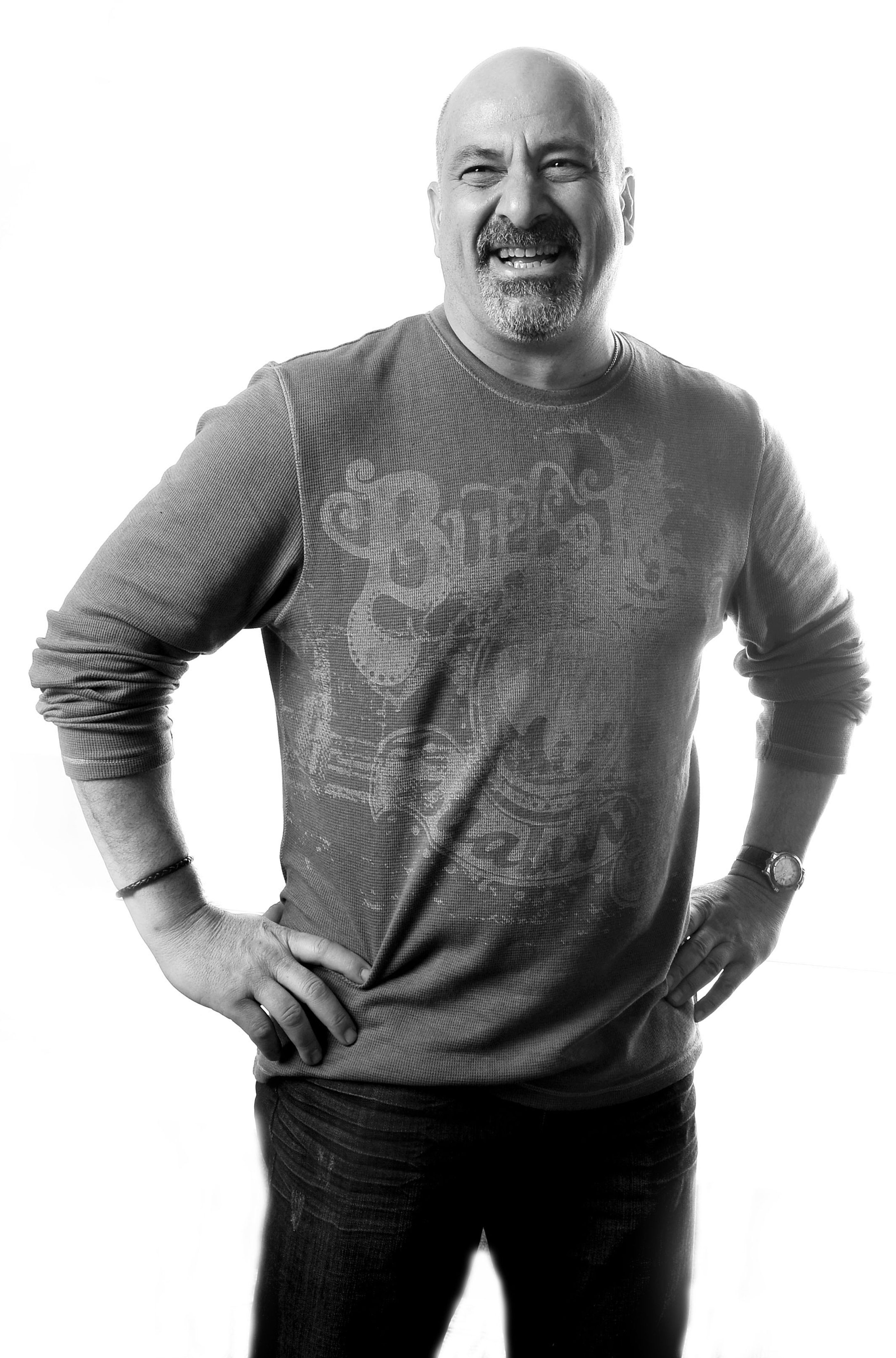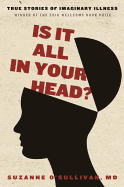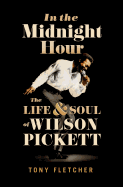Listening to Our Bodies
Suzanne O'Sullivan, M.D., is a consultant in clinical neurophysiology and neurology at London's National Hospital for Neurology and Neurosurgery. She works with patients who have psychogenic disorders as well as with those suffering from physical diseases such as epilepsy. Though Is It All in Your Head? True Stories of Imaginary Illness (Other Press, reviewed below) is her first book, Sullivan says she "lived this book for 20 years" before she wrote it.
 O'Sullivan says, "When words are not available, our bodies sometimes speak for us--and we have to listen." It may seem like our bodies are shouting these days, but, she says, psychosomatic disorders are not increasing in frequency. "They have always been very prevalent because life has always been hard for some reason or another. It's important to note that these disorders do not only arise because of stress. Sometimes they are a feature of how we worry about our bodies and how we respond to injury, and nothing at all to do with how successful or happy we are."
O'Sullivan says, "When words are not available, our bodies sometimes speak for us--and we have to listen." It may seem like our bodies are shouting these days, but, she says, psychosomatic disorders are not increasing in frequency. "They have always been very prevalent because life has always been hard for some reason or another. It's important to note that these disorders do not only arise because of stress. Sometimes they are a feature of how we worry about our bodies and how we respond to injury, and nothing at all to do with how successful or happy we are."
For her book, she chose cases that represented psychosomatic disorders across the board, "with each case making its own distinct point--one person's story to show the flitting, elusive nature of the symptoms and the next to open a discussion into cause or treatment." In doing so, she underscores the point that, even in their commonalities, everyone has a unique story. "It's rewarding to see some of the incredible recoveries patients make when they are listened to and managed properly. I have seen people who have been in wheelchairs for years learn to walk again."
"I think of this as a book for everybody," she says. "It is a book about people and the amazing strength they have to overcome life's challenges. And it's about humanity and the interplay between our psychological state and our physical state." --Kathleen Gerard, blogger at Reading Between the Lines




 With great fanfare, DC Entertainment's Rebirth program was born last year, featuring the company's lineup of iconic superheroes in completely new stories that combine the characters and stories beloved by fans for many decades with fresh and diverse new perspectives while addressing contemporary social and cultural issues. The Rebirth series spans DC Entertainment's superheroes--among them, Batman, Superman, Wonder Woman, the Flash, the Green Lantern and Aquaman--and creates a cohesive universe, setting the stage for years of DC Entertainment superhero stories.
With great fanfare, DC Entertainment's Rebirth program was born last year, featuring the company's lineup of iconic superheroes in completely new stories that combine the characters and stories beloved by fans for many decades with fresh and diverse new perspectives while addressing contemporary social and cultural issues. The Rebirth series spans DC Entertainment's superheroes--among them, Batman, Superman, Wonder Woman, the Flash, the Green Lantern and Aquaman--and creates a cohesive universe, setting the stage for years of DC Entertainment superhero stories.

 When he ended his CIA career, King turned to writing, which he did at night while taking care of his kids during the day. "I was being Mr. Mom," he says with a laugh. The result was the novel A Once Crowded Sky, in which superheroes have all lost their powers. "I'm very proud of that book," King says, and notes that he learned to write because of it. "I read all the books on writing," including those by Stephen King and John Gardner. That has made his current writing all the better: "I bring all the tools of the novelist to comics," he says, adding, "I wrote a novel to become comic book writer."
When he ended his CIA career, King turned to writing, which he did at night while taking care of his kids during the day. "I was being Mr. Mom," he says with a laugh. The result was the novel A Once Crowded Sky, in which superheroes have all lost their powers. "I'm very proud of that book," King says, and notes that he learned to write because of it. "I read all the books on writing," including those by Stephen King and John Gardner. That has made his current writing all the better: "I bring all the tools of the novelist to comics," he says, adding, "I wrote a novel to become comic book writer."













